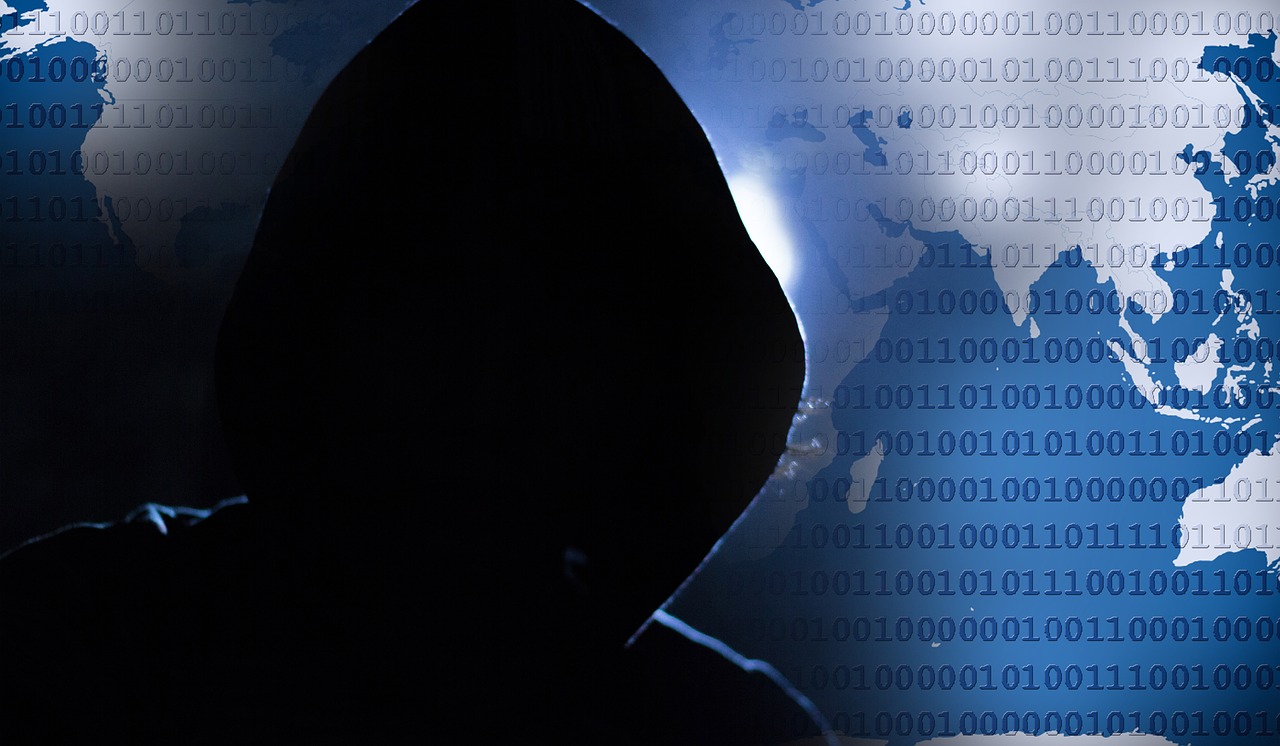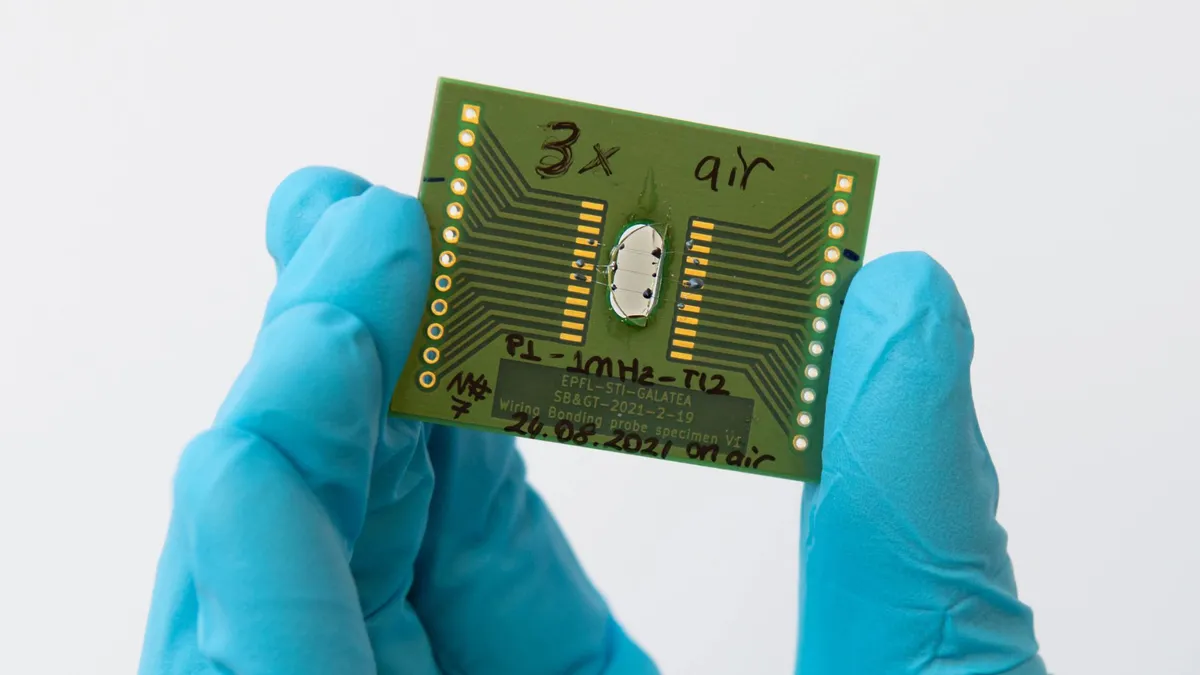Cyber attacks are a brand-new type of warfare. Cyber attacks are usually covert and difficult to detect. At the same time the stakes in human and financial terms are much higher than traditional battlefield entanglements. Recently, in just a couple of hours, 30 banks in New York City were robbed of over $40 million when hackers gamed bank computer systems to accept counterfeit bank cards and dispense more than the $500 daily limit.
Perhaps the most famous and important cyber attack thus far was the one that crippled Iran’s nuclear program, setting it back many months, if not years.
Cyber Space Attack Worst Case Scenarios
Some of the threats include:
- hijacking of drones and using them against American or allied militaries or citizens.
- a massive attack on the healthcare industry that would render computers useless in providing information doctors need to treat patients.
- a takedown of the power grid or sections of it and the secondary and tertiary effects such as the loss of electricity in hospitals, air-traffic controller stations, etc.
- attacks on the financial markets that destroyed data and cause havoc as people lose confidence in the financial system and are forced into a massive run on banks out of fear.
- hijacking of military or civilian satellites
- intercepting emails and loading them with malicious software that steals information
This makes cyber war different from anything experienced in human history. Over the past several decades humanity has come upon events such as the AIDS epidemic, global warming, superbugs, and dangerous asteroids to name a few, putting humans on the defensive as they try to understand the issues involved; the world has seemingly become more complex.
Today’s Problems Are Extremely Complex
Writers Horst Rittel and Melvin Webber, in “Dilemmas In A General Theory of Planning” coined the term “wicked problems” to define problems too difficult to solve because our knowledge of them is incomplete; they are filled with contradictions, and are more complex than ever before.
Often it is difficult to define what the problem is. Scientists rely on probability theory in trying to understand these issues but these tools are often of limited use.
Why is Cyber Space So Different As A Battlefield?
Computer networks work at nearly the speed of light so attacks can occur very quickly. It used to be that large attacks against the country required huge investments in personnel, supplies and equipment. Now anyone and everyone can conduct cyber attacks from any place, at any time, continuously, and every person on the face of the earth is a potential combatant.
At the current time people’s attitudes toward hacking are relatively lax. Because illegal activities can be carried out on the Internet in private and anonymously the risk of such activities seems low and even attracts thrill seekers. Combatants can also carry out attacks from many places at once; obviously a new situation in warfare. Finally attacks can be carried out asymmetrically, kind of like a “sucker punch,” which seems unfair but is a stark reality.
Cyber warfare can be carried out against businesses, the government, individuals, a country’s “way of life” and have a deleterious effect on trust that undergirds the liberal democratic capitalist way of life.
Threats To Personal Freedom
Theft and espionage related to public and private sector intellectual property which is basically the same as bank robbery. The wealth of the country dissipates with every attack. In the old days if there was an infiltration it meant that a person had broken into a secure area and escaped with a handful of documents or some photographs. Cyber attackers are able to download gigabytes of data or tens of thousands of documents in just a few minutes inflicting much greater damage.
The increasing threat to privacy and personal security due to the increase in the use of personal computers, handheld devices and the software installed in them is also exposing individuals to higher rates of liability and risk.







